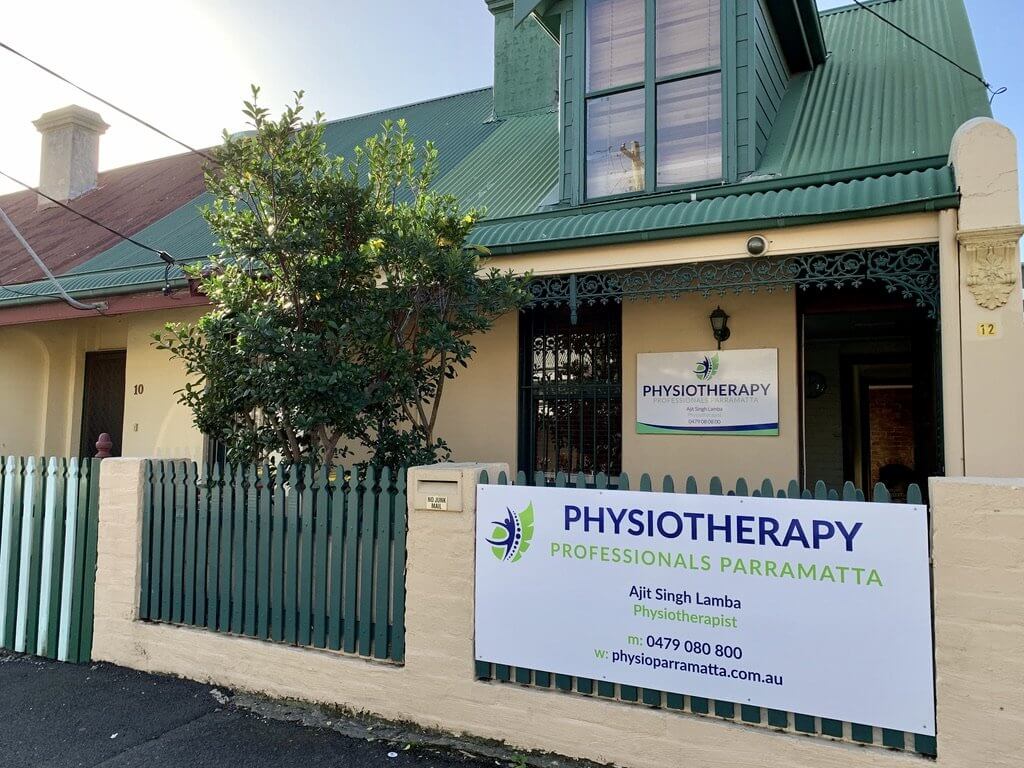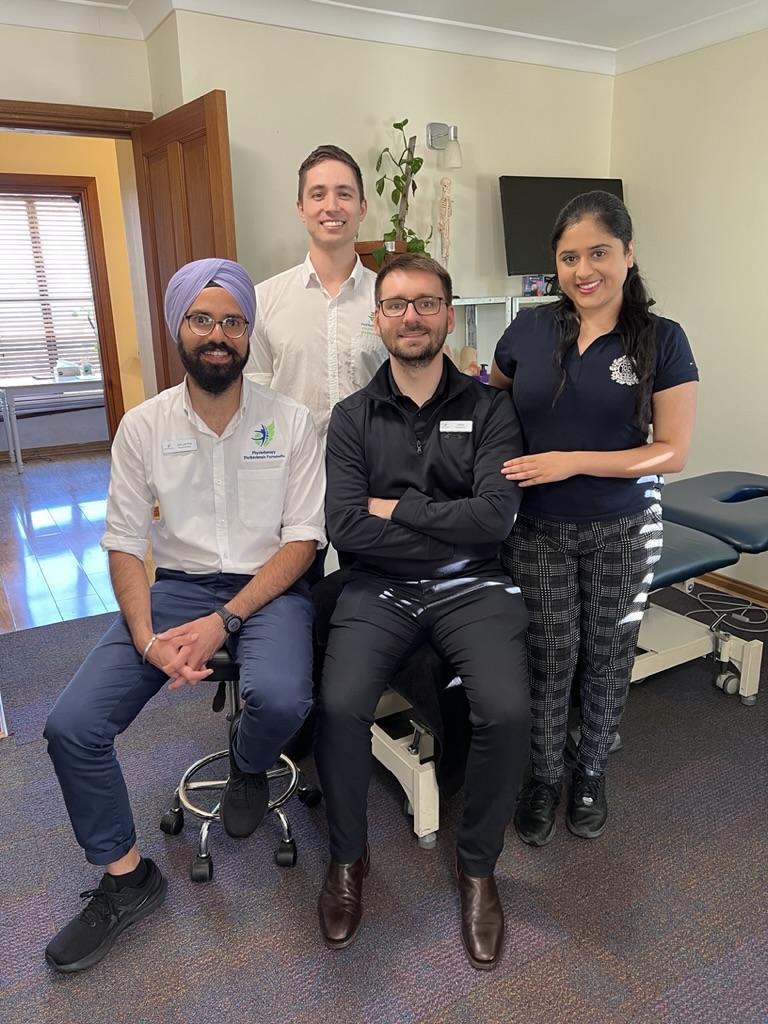Post Surgery Scar Tissue Management

Scar Tissue Management
Have you had a recent surgery notice a restriction of movement because of your surgery scar? A wound will progress through stages to become a mature scar – though the duration and outcome can be impacted with Physiotherapy.
There are different types of scars, determined by the cause and management. A well healed incision will have a fine lined scar, that does not normally impact movement or even appear different to surrounding skin. A keloid scar is an overgrowth past the original injury which occurs gradually, because of excessive collagen which can appear raised and impact movement of the skin. A hypertrophic scar is caused by prolonged inflammation also resulting in more collagen, though will not extend beyond the boundary of the injury, these scars can improve in appearance and movement over time.
Scars undergo three phases of healing. During the first week or so, the inflammatory phase occurs where the scar begins healing and the wound closes, respect must be given to immobilize the joint in this period – think about a dressed wound. Following this, the repair phase begins, where the scar will be “closed” and change to a pinkish colour, where tensile strength begins to return and new blood vessels are formed. Finally, the re modelling phase occurs where swelling resolves, collagen is building locally, increasing the strength of the scar. This can be up to 18 months until maturity is reached and in this time is where physiotherapy can assist with ensuring an optimal outcome for your scar.
In order to facilitate the scar maturation and achieve a strong, pliable scar that does not impact movement the physiotherapist may perform or prescribe therapy including desensitization exercises, massage, stretches, movement exercises, splinting and even application of topical products. Management can be boosted by shockwave therapy, where scar remodeling is facilitated through fibroblast regulation, impacting that collagen discussed before!
Generally, as a start from when your wound is closed and beginning the remodelling, you should be beginning to perform scar massage at home. This should be done three times daily, for 5 minutes, with firm pressure, with a water-based cream that does not have fragrance. Please discuss further with your therapist so this can be adapted to your individual factors.
Contact Us:
Do you need assistance with your Physiotherapy treatment? Experienced team of Physiotherapists with essential knowledge. You can call us anytime to have a confidential discussion with our expert Physiotherapists. For more information on how we can further assist you, please call our clinic number on 0479 080 800 or send us an email on [email protected] for further details. Our Physiotherapists are Medicare, NDIS, and Work Cover approved, specialising in injury management and rehabilitation to get you back on track.

Physiotherapy After A Car Accident
